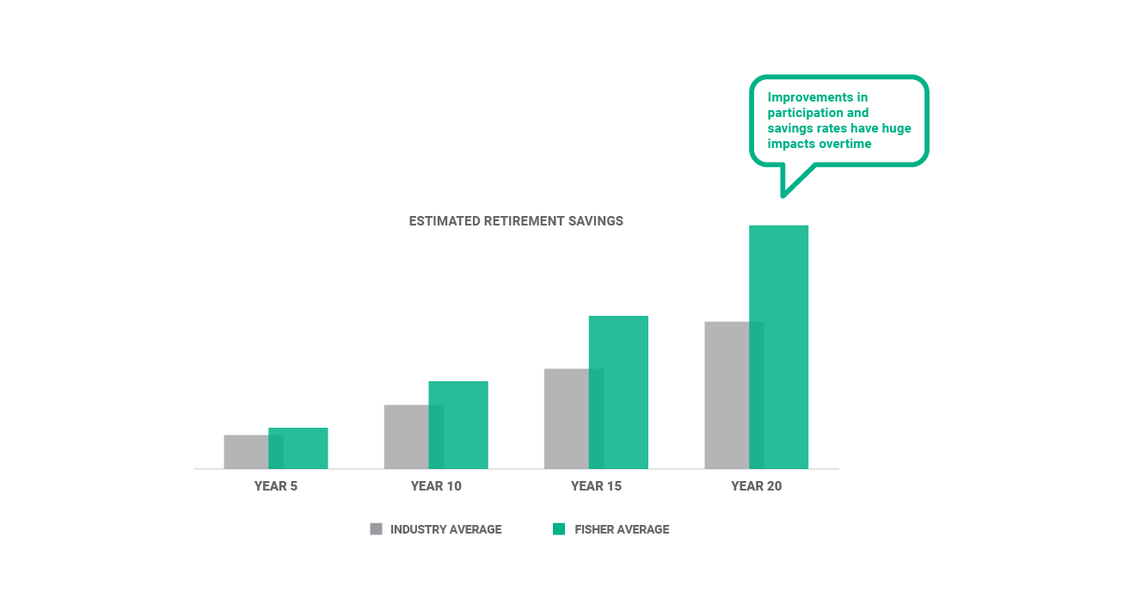Business 401(k) Services / Plan Administration
FAQ: 3(21) VS. 3(38) Fiduciary Services
Managing the investments for your company’s 401(k) plan comes with risks and responsibilities. Every employee participating in the plan is counting on you to provide a fund lineup that includes low-cost, diversified investments that can help them save for their future.
The good news is you don’t have to go it alone. These questions can help you understand your role and decide whether partnering with a fiduciary makes sense for your company.
Am I a Fiduciary?
It may seem obvious that the decisions made about a company retirement plan should be made with the participants’ best interests in mind, but the Employee Retirement Income Security Act (ERISA) makes clear who is acting as a “fiduciary” and is legally responsible for these things.
You are a retirement plan fiduciary if you:
- Have any discretionary authority or responsibility in the administration of the plan
- Exercise any discretionary authority or control over the management of the plan’s assets
- Render investment advice for a fee or other compensation, direct or indirect, with respect to any moneys or other property of the plan, or have any authority or responsibility to do so.
Keep in mind that fiduciary status is generally determined based on a person’s function or duties as opposed to his or her title.
What Is ERISA?
ERISA stands for the Employee Retirement Income Security Act. It sets standards to protect individuals enrolled in most voluntarily established retirement and health plans. ERISA section 3(21) defines the term “fiduciary” and section 3(38) sets forth the requirements for serving as an “investment manager” to a qualified retirement plan.
Am I Personally Liable for the Plan’s Investment Decisions?
If you meet the definition of a fiduciary, you are responsible for creating and maintaining a documented, prudent process to select, monitor, and update investments that are appropriate for the plan. If you fail to do this, you may be personally liable for losses due to a breach of fiduciary responsibilities. The expected level of knowledge is that of a professional who has experience doing this kind of work. That’s why it is difficult for many plan sponsors to act as a fiduciary on their own.
What Is a 3(21) Investment Adviser?
A 3(21) investment adviser works with you to recommend the investment lineup for your plan but does not have discretion over plan investments. If you prefer to maintain discretion and control of your plan’s investments, you may choose to hire a 3(21) investment adviser to recommend investment funds for your plan. This means liability for selection, monitoring, and updating the plan’s investments would stay with you.
What Is a 3(38) Investment Manager?
If your goal is to fully minimize your fiduciary liability, consider hiring a 3(38) investment manager. A 3(38) investment manager will have discretion, authority, and control to manage the fund lineup. By delegating the job of managing the investment lineup to a 3(38) investment manager, your liability is limited to prudently selecting and monitoring the 3(38) investment manager and benchmarking the reasonableness of their fees.
What’s the Difference Between a 3(21) Investment Adviser and a 3(38) Investment Manager?
The chart below underscores the key differences between a 3(21) fiduciary and a 3(38) investment manager. It also shows how Fisher goes beyond the minimum standards of a typical fiduciary.
Regardless of the type of fiduciary support you choose, you’re still responsible for prudently selecting the right plan advisor and monitoring their work.
What Should I Consider When Hiring a 3(21) Investment Adviser or 3(38) Investment Manager?
It’s wise to consider the skill and experience of a potential 3(21) investment adviser or 3(38) investment manager as you contemplate the right balance between exercising control and limiting potential liability.
Fisher Investments has been a fiduciary partner to small and medium-sized businesses for decades. Contact us to learn more about we can partner with you to protect your company and employees.

See our Business 401(k) Insights
Resources and articles to help your business with retirement plan support, optimization and administration.






